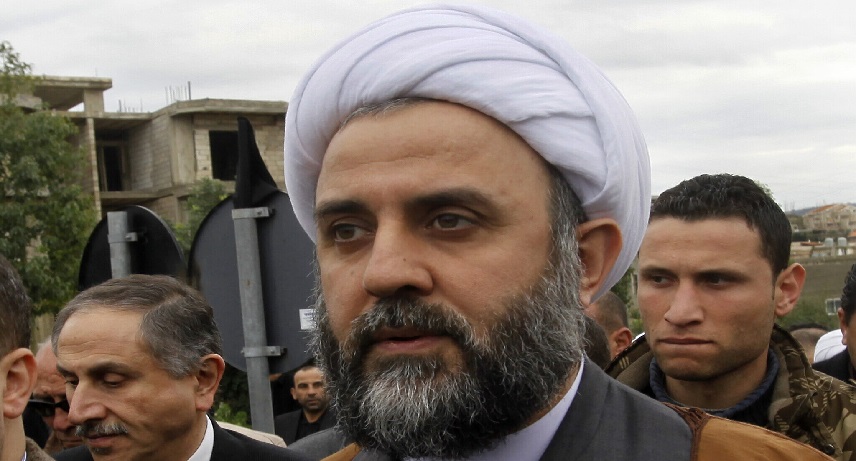Israel announced on Sunday that it had killed Nabil Qaouq, a high-ranking member of Hezbollah’s central council, in an airstrike on Beirut, the capital of Lebanon. This targeted strike comes shortly after the assassination of the group's leader, Hassan Nasrallah, delivering a significant setback to the Iran-backed organization.
Israeli Defense Forces reported that their air force conducted extensive operations across Lebanon, striking “dozens of Hezbollah terror targets.”
The military’s intensified campaign aims to dismantle Hezbollah’s command structure, which has been severely weakened after the deaths of key figures, including Nasrallah’s right-hand man, Fuad Shukr, and elite Radwan Force commander Ibrahim Aqil.
The airstrikes come in the wake of Hezbollah’s response to increased tensions following Hamas’s unprecedented attack on Israel on October 7. In retaliation, Hezbollah launched low-intensity cross-border strikes against Israeli positions, prompting a shift in Israel’s strategic focus towards confronting its northern neighbor.
The escalation has plunged Lebanon, already grappling with a dire political and economic crisis, into further chaos, with over 700 casualties reported in just one week, according to health ministry figures. Eyewitness accounts reveal the deep sorrow among locals following Nasrallah’s assassination, with one resident stating, “We all started crying.”
Did you read this?
Although Hezbollah has not officially confirmed Nabil Qaouq’s death, a source close to the organization has indicated that he was indeed killed. As the conflict escalates, fears are growing across Lebanon and the wider region, with concerns mounting over the potential for further violence in the coming days.
For ongoing updates on the Israel-Hezbollah conflict and its broader implications, follow our news coverage.









